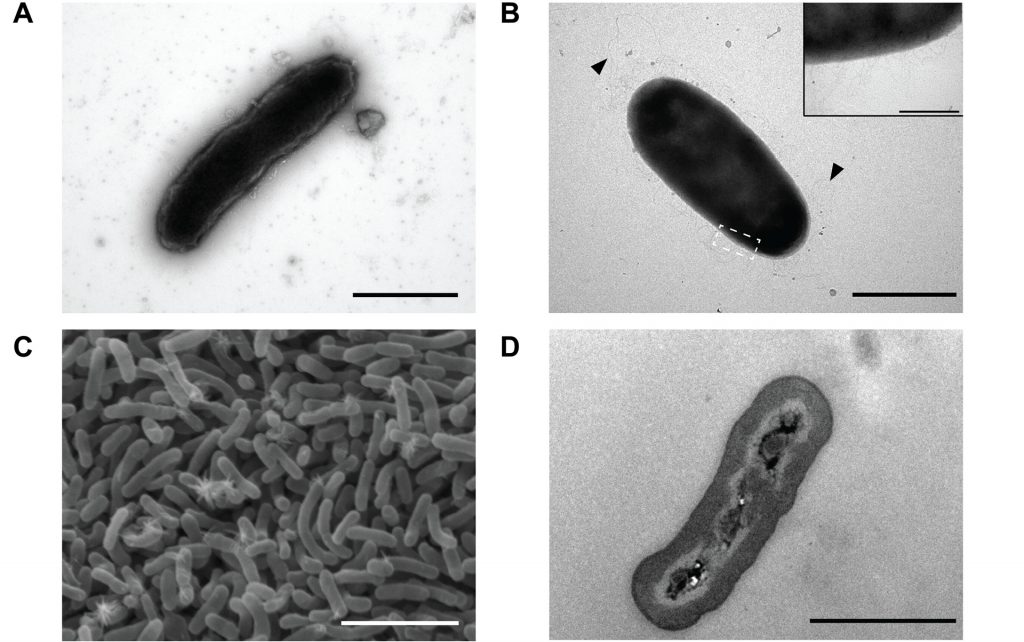The DMSP (dimethylsulfoniopropionate) metabolic pathways in coral are underscored as a vital mechanism in combating heat stress. The conversion of DMSP into DMS (dimethylsulfide) is emphasized as a recognized climate cooling gas, exhibiting potent antioxidant capabilities that help corals eliminate heat stress-induced free radicals. The Endozoicomonas genus of endosymbiotic bacteria is identified as a prevalent group in corals. In 2020, the isolation of E. acroporae marked a significant achievement, representing the first strain capable of breaking down DMSP and producing the climate cooling gas DMS, suggesting a potential role for Endozoicomonas in coral DMSP decomposition. However, the molecular regulatory mechanisms in this process remain unknown. Addressing this, another endosymbiotic strain, E. ruthgatesiae 8E, was isolated, confirming its possession of a gene cluster related to DMSP metabolism. Despite sharing a similar dddD gene cluster, physiological regulation of DddD enzyme-induced DMSP decomposition differs between E. ruthgatesiae and E. acroporae, highlighting the first evidence of metabolic diversity and ecological functional differences in DMSP metabolism among endosymbiotic bacteria. The research has been published in Science Advances.
Article link: https://www.science.org/doi/10.1126/sciadv.adk1910
Related link: https://biodiv.tw/research-20231128085700

